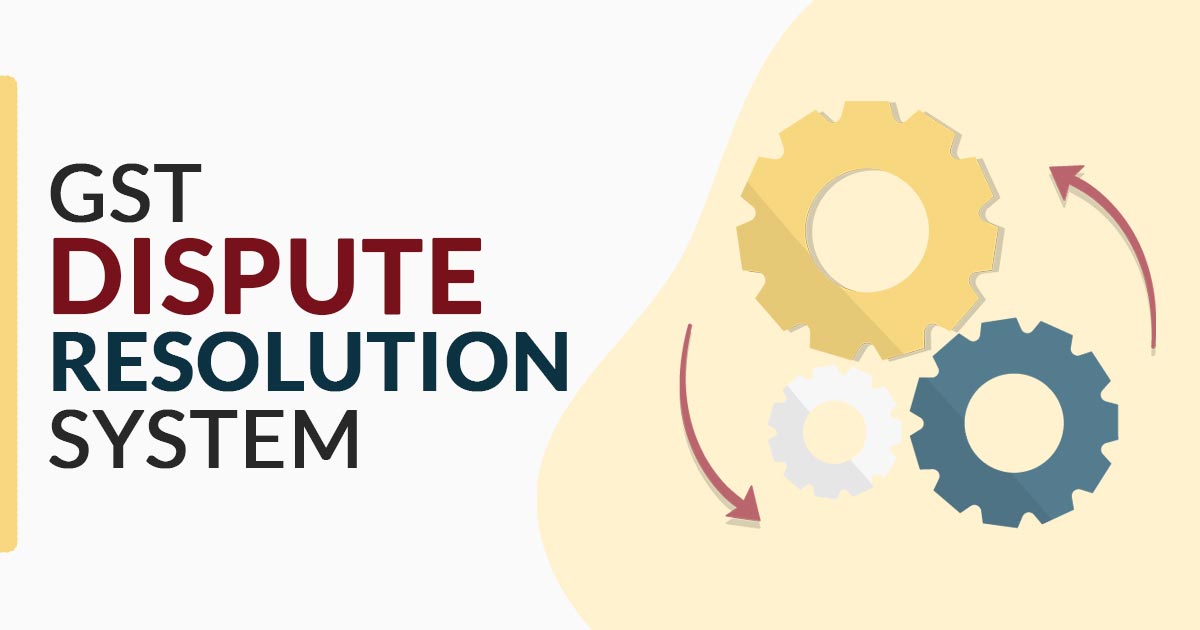
The finance ministry is been working on the process to solve the GST issues which the states raise during preventing the discrepancies in the tax regime. The process would be discussed with the states during the subsequent 47th GST council meet which is expected to be held in June.
The plan consists of an issues redressal bench that would pose representation from states, the Centre, and independent lawyers and tax experts with very well known and economic implications. There would be detailed rules where the cases could be referred to these processes. The requirement for this process complies with a recent supreme court ruling that the GST council’s suggestions would not be loaded to the states or the centre.
“We are working on the procedures of the dispute resolution mechanism, which some of the states have been demanding, This is under discussion. Once the draft is ready, we will take it up to the council, which will take the final call.” tax expert specified.
For resolving the GST issues there is a law for voting in the tax legislation. The centre secures one-third vote and the rest two-thirds is for the states. For the vote, a decision should be given or eliminated by a majority of at least three-fourths of the weighted votes of the members present.
Groups of Ministers (GoM) Framework
The officials set groups of ministers (GoMs) to address the differences among the states if it has been loaded with cess or GST rate rationalisation. But the same route, over the former 5 years all the differences get solved by the consensus beside sone that the officials have decided through voting.
Opposition-led states say they have little chance of swaying outcomes as most states are governed by the Bharatiya Janata Party (BJP), which holds power at the Centre as well. They have called for a mechanism that allows every state the chance of a legitimate hearing. A dispute resolution bench can potentially take independent decisions, beyond the influence of the Centre.
The Ruling of the Supreme Court
Much more issues could be seen from July 1 said the centre, when the GST compensation gets expired and the states see to look for the methods for the revenue loss. With no acceptable process, the majority of cases might be finished with a loaded judiciary.
Supreme court ruling for the case concerning the imposition of the integrated GST on ocean freight imports in the former month has initiated the search towards the issues of the settlement mechanism.
“GST Council is a product of collaborative discussion. It is not imperative that federal units must always possess a higher share,” the supreme court mentioned, suggestions of the GST officials do not load on the states and the centre.
The officials are desired to acknowledge the report of GoM led by Meghalaya chief minister Conrad Sangma which favoured the highest 28% rate on some services, the same might acknowledge the problem of the integrated goods and services tax towards ocean freight, where the Supreme Court had struck.
“The Centre has not taken any decision and is just studying the case. It will take up any decision after discussing it with the council, the tax expert specified.”